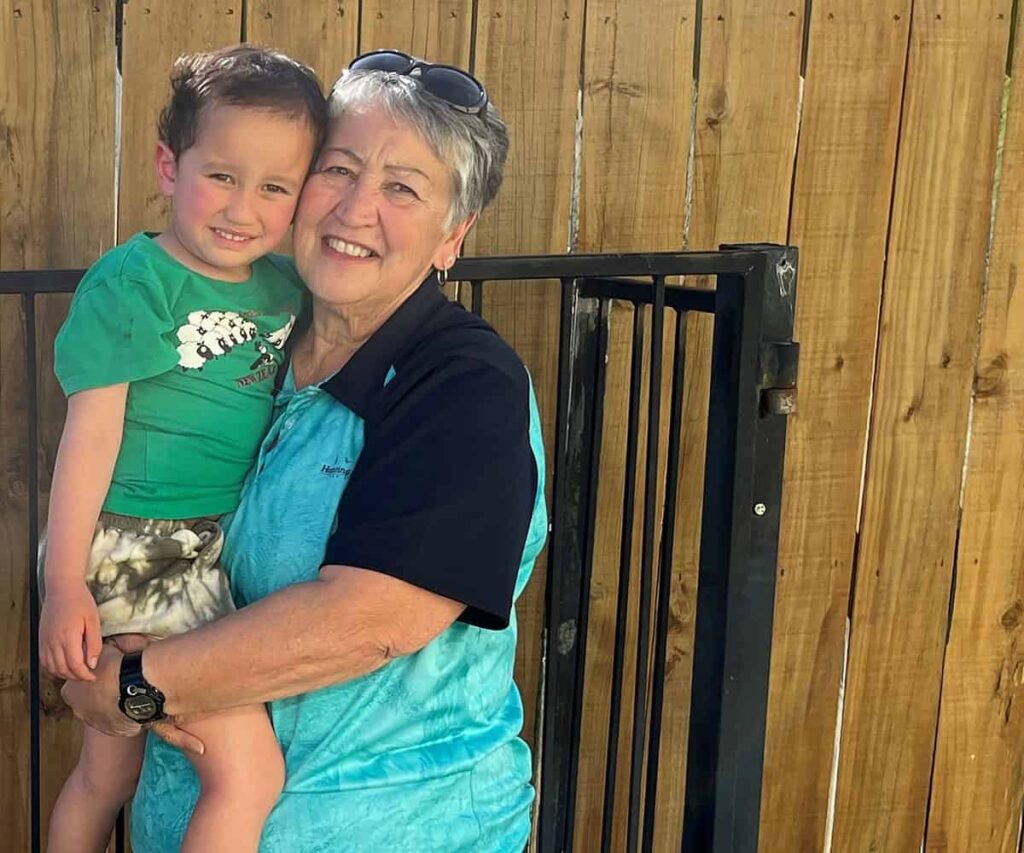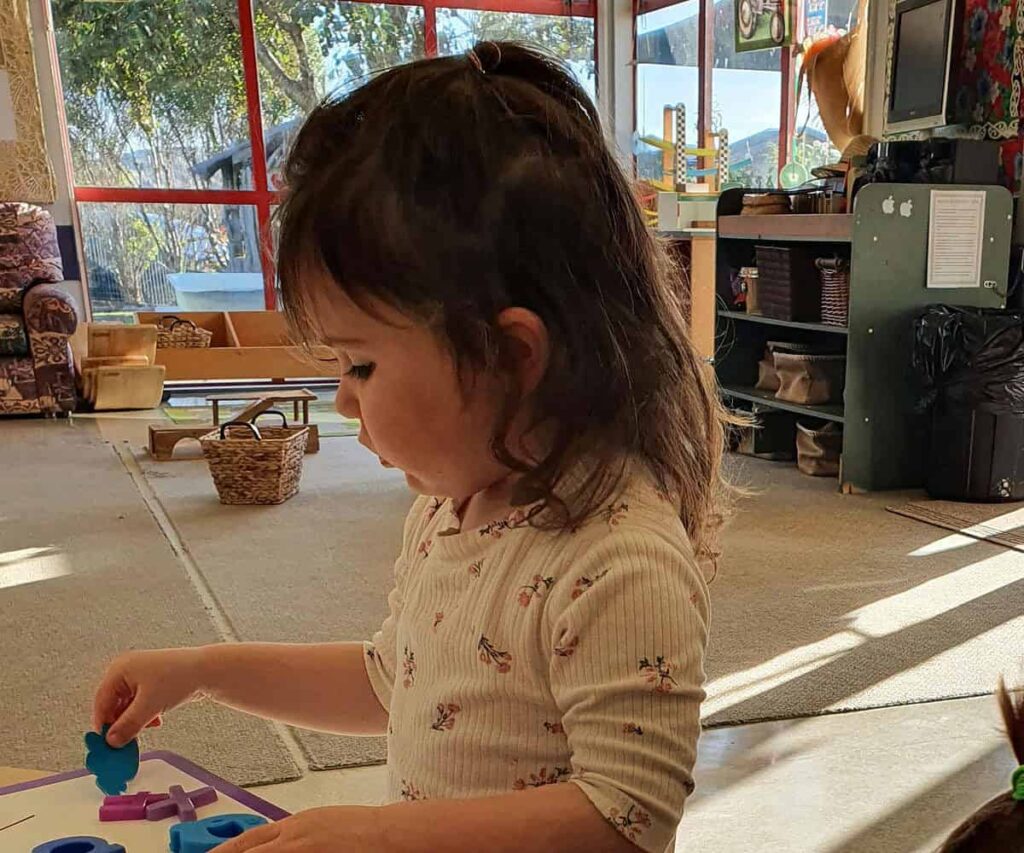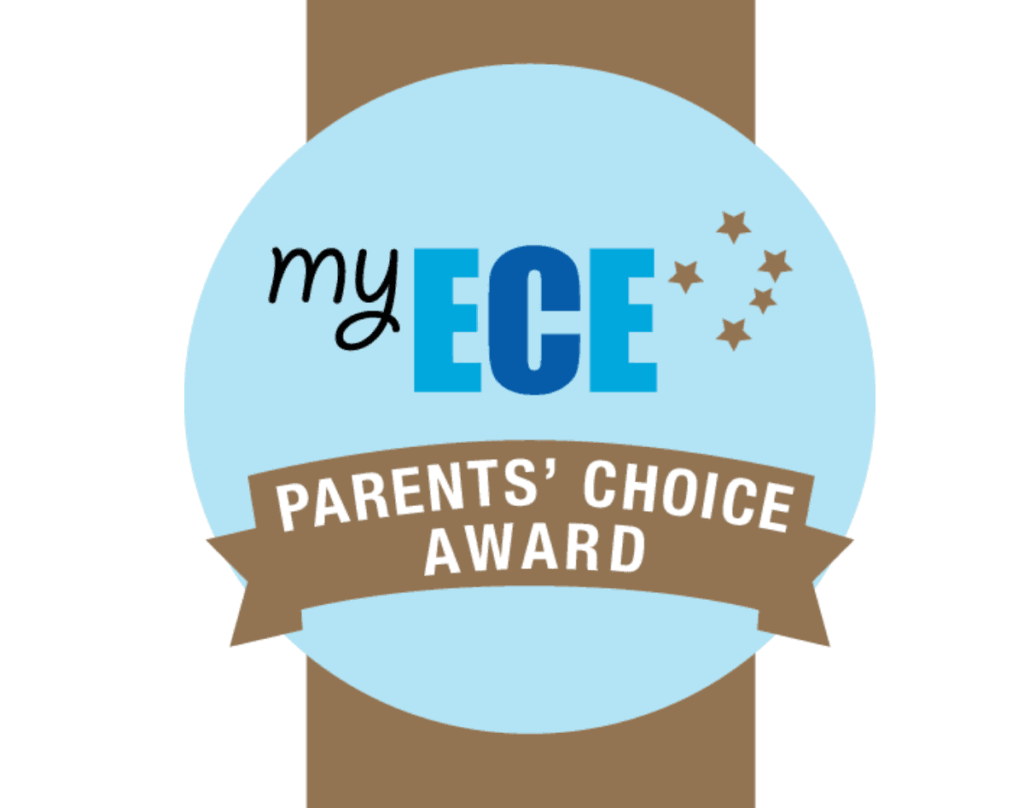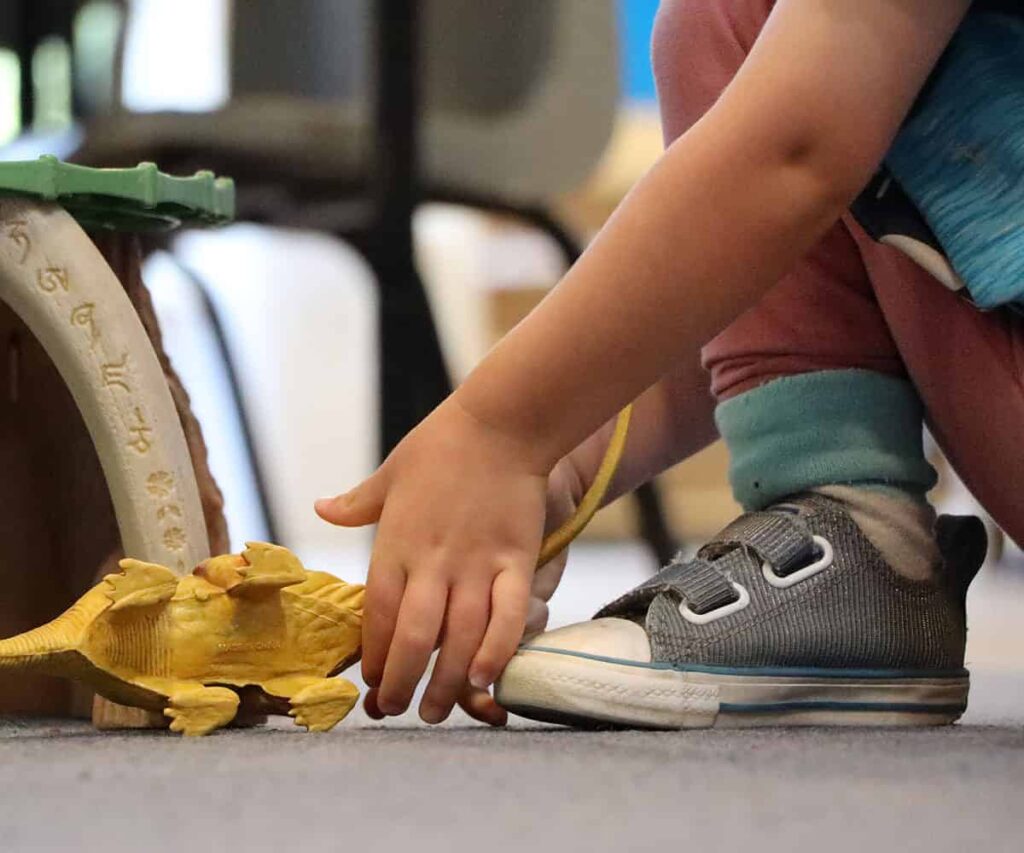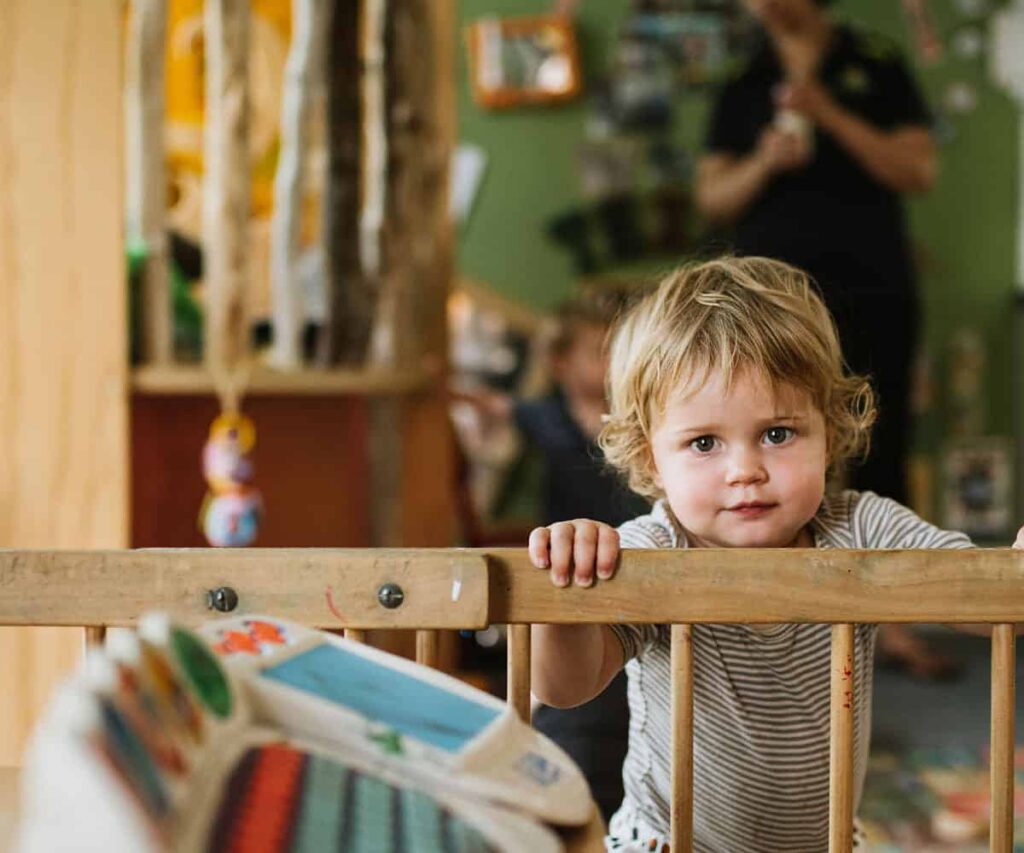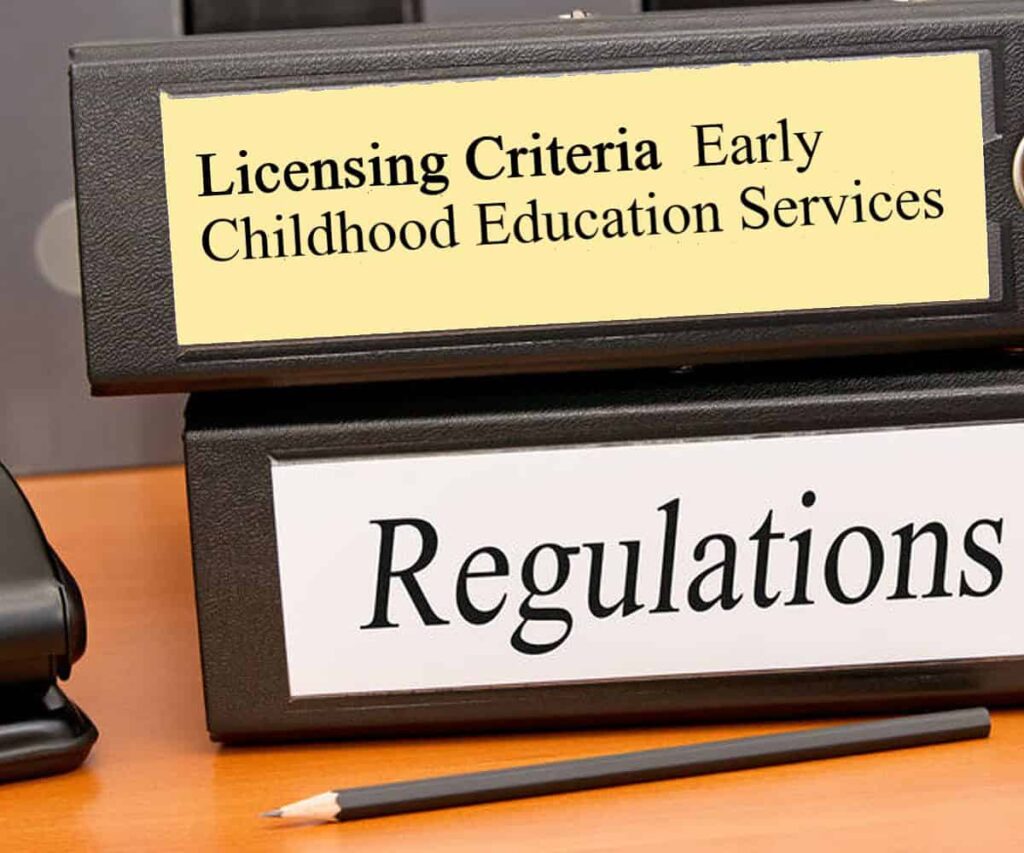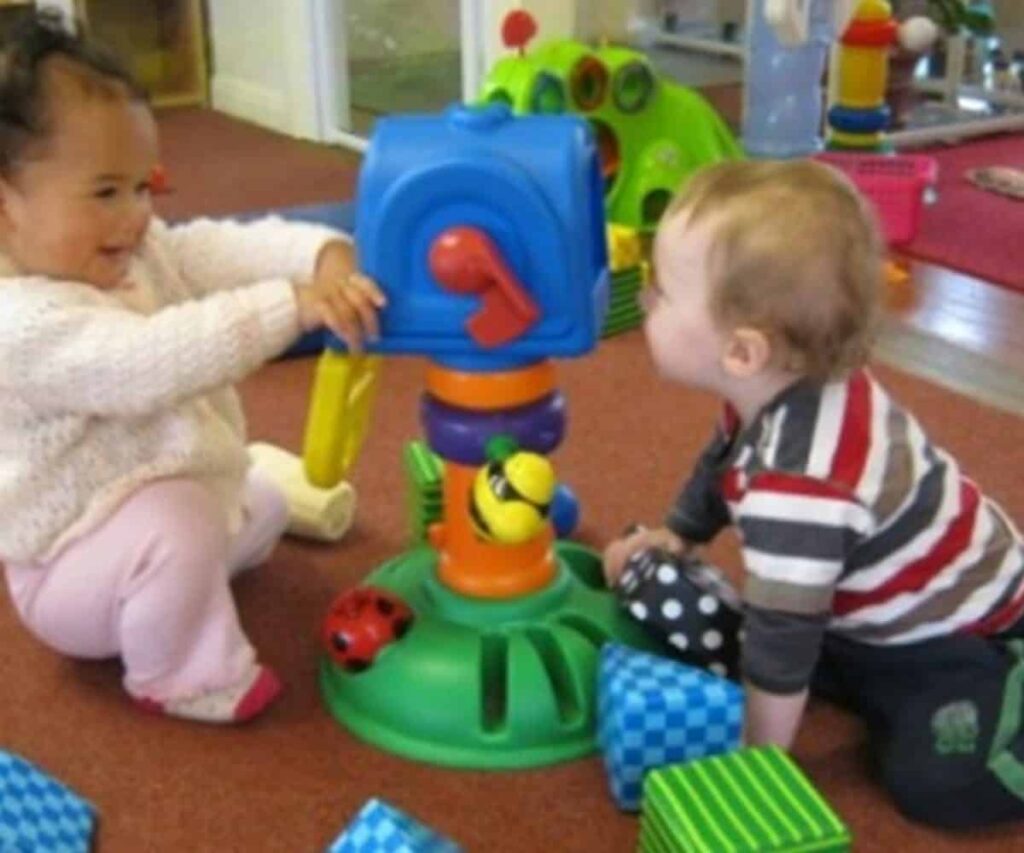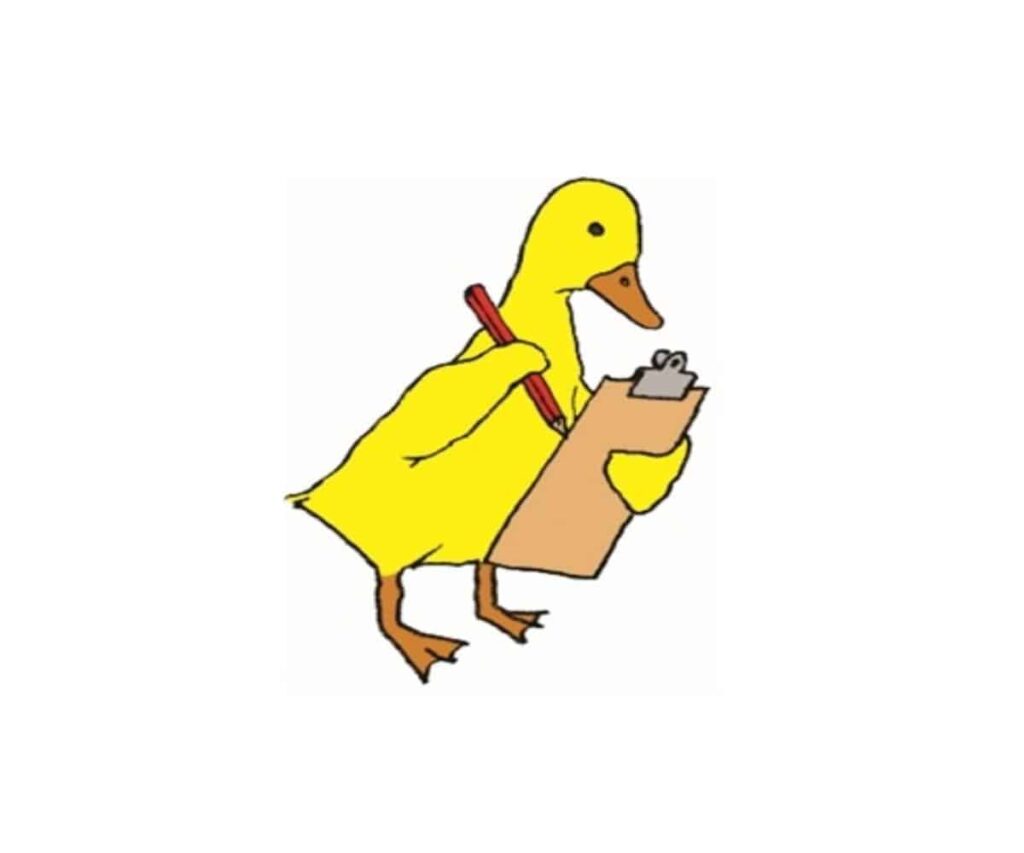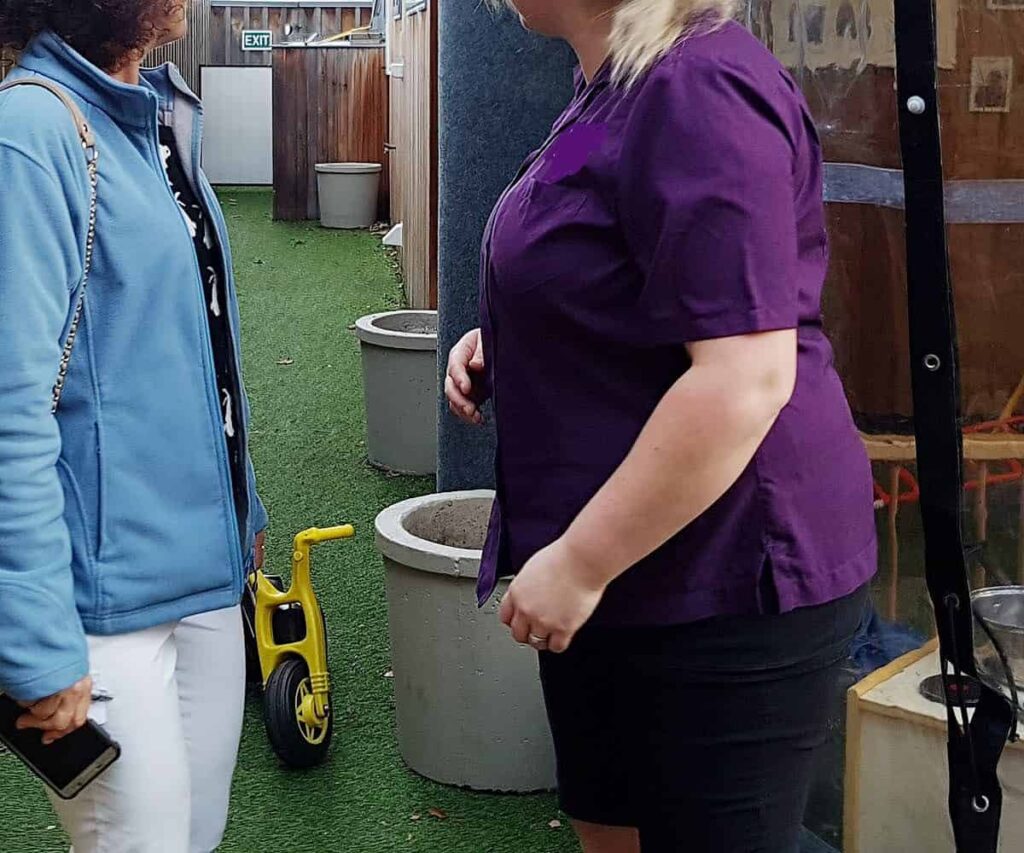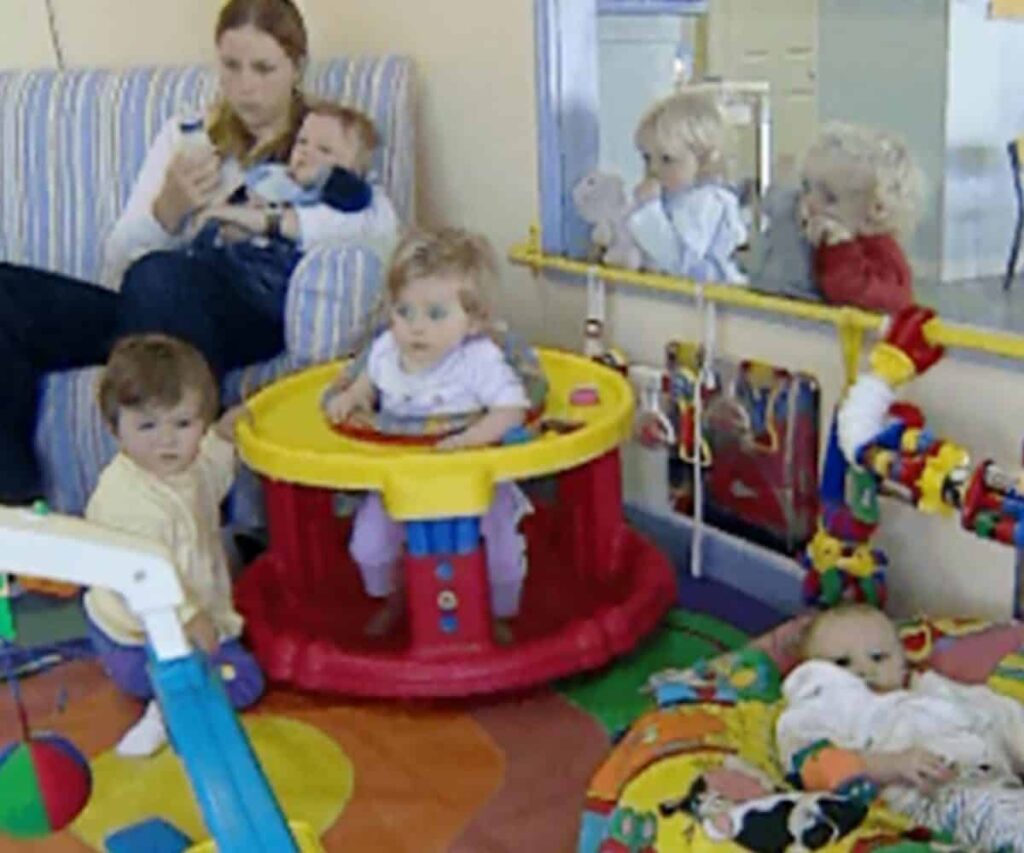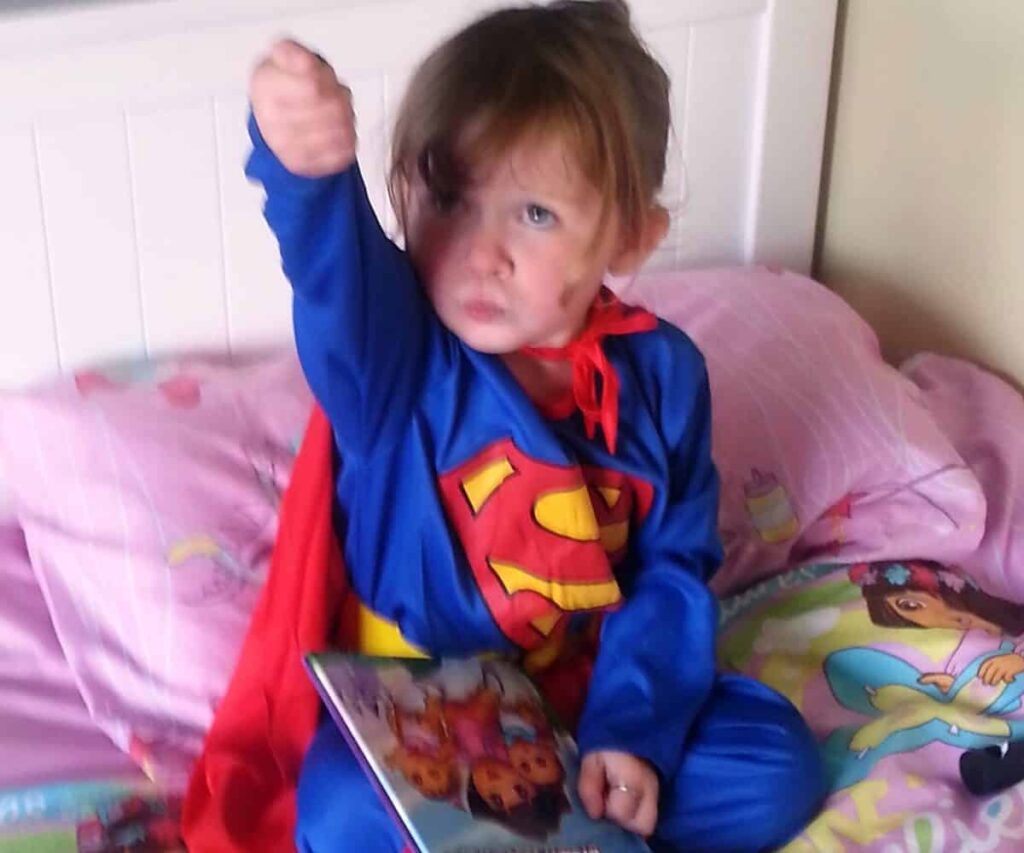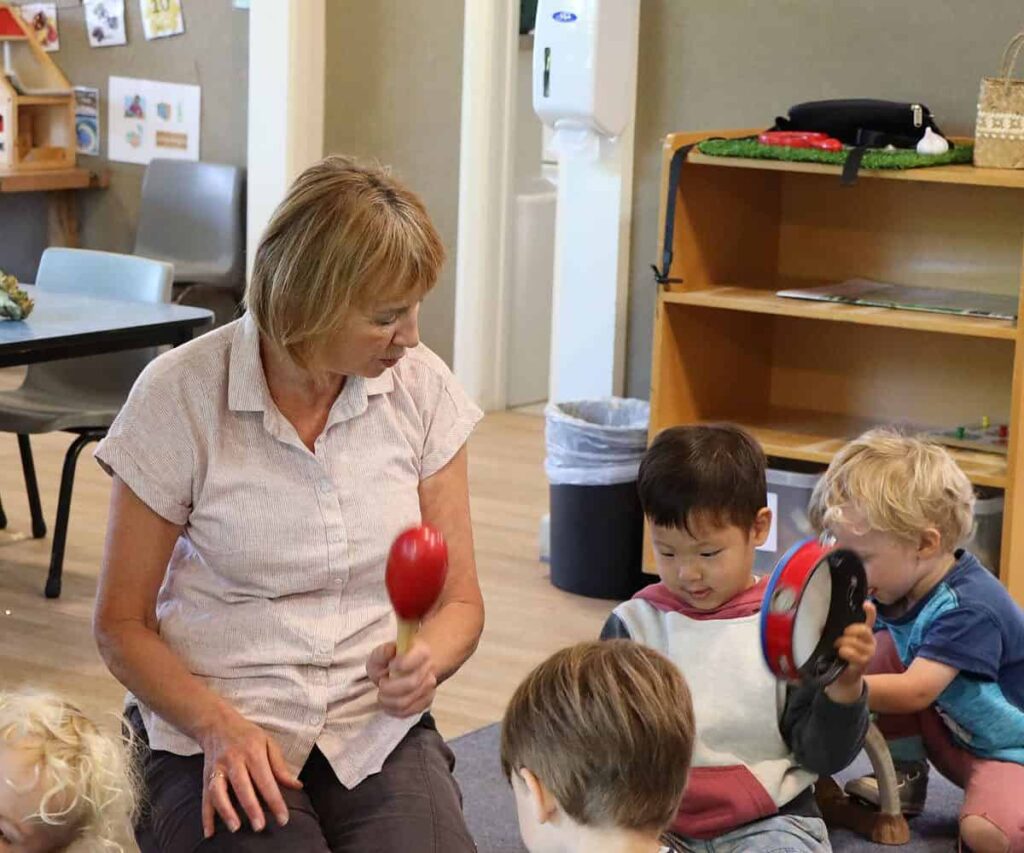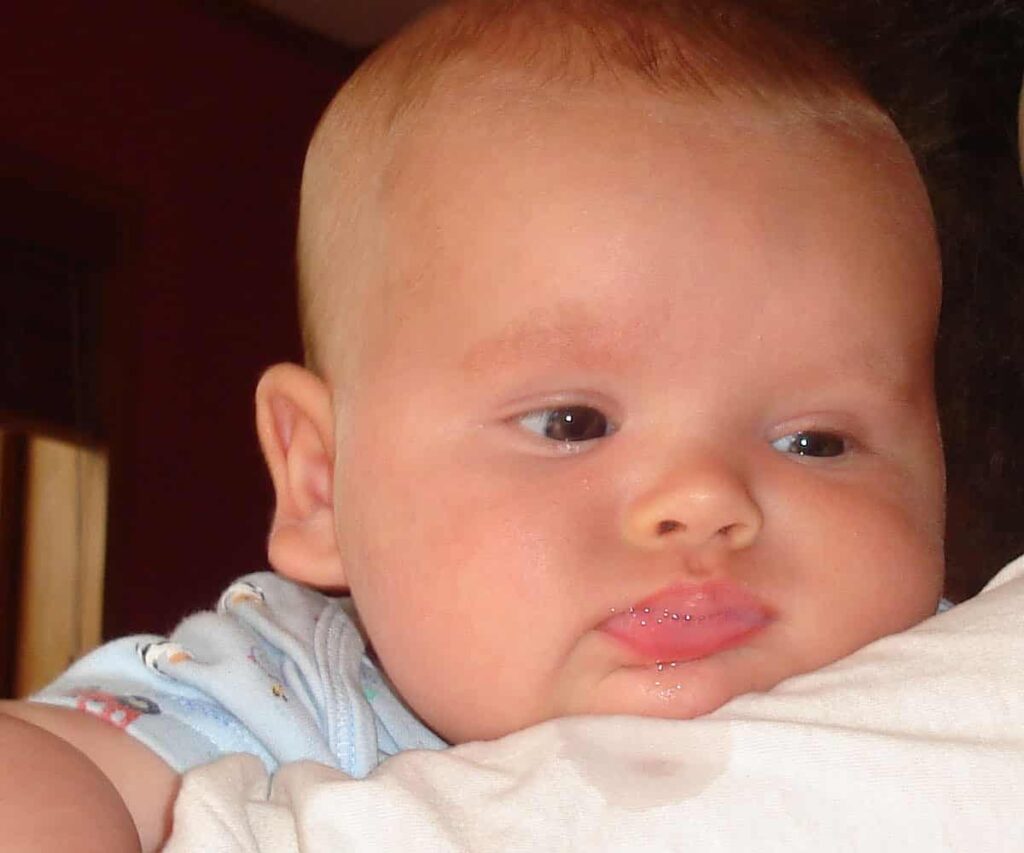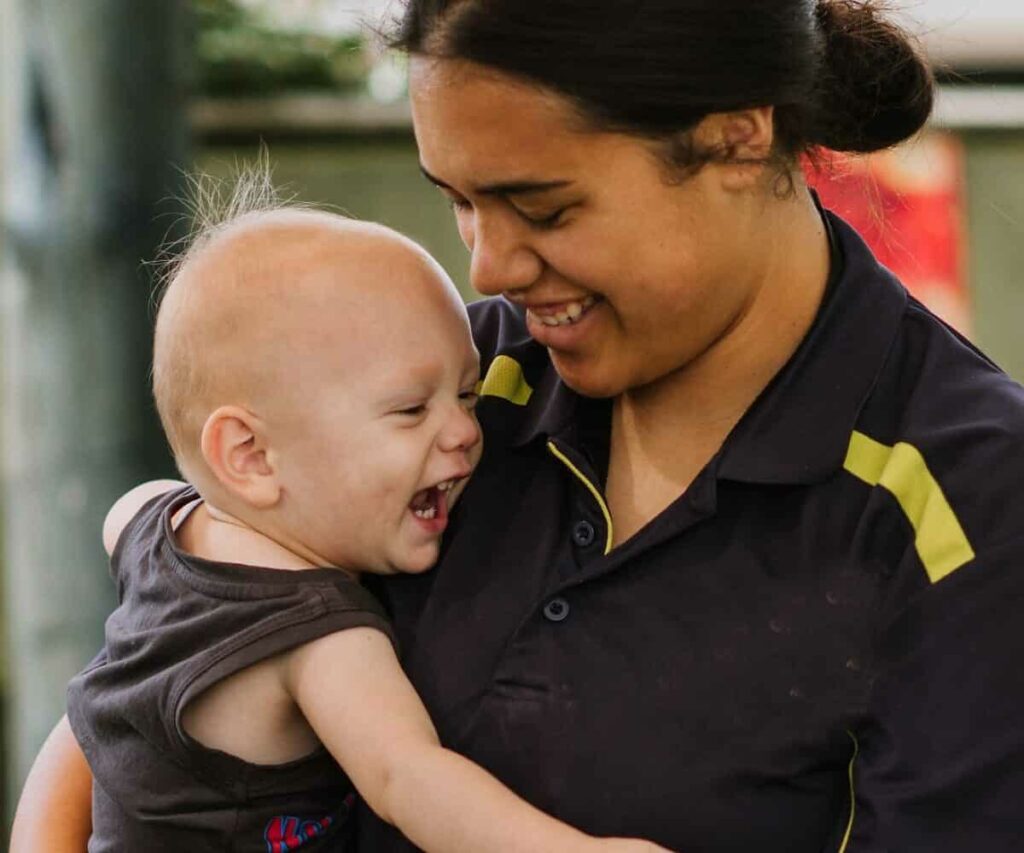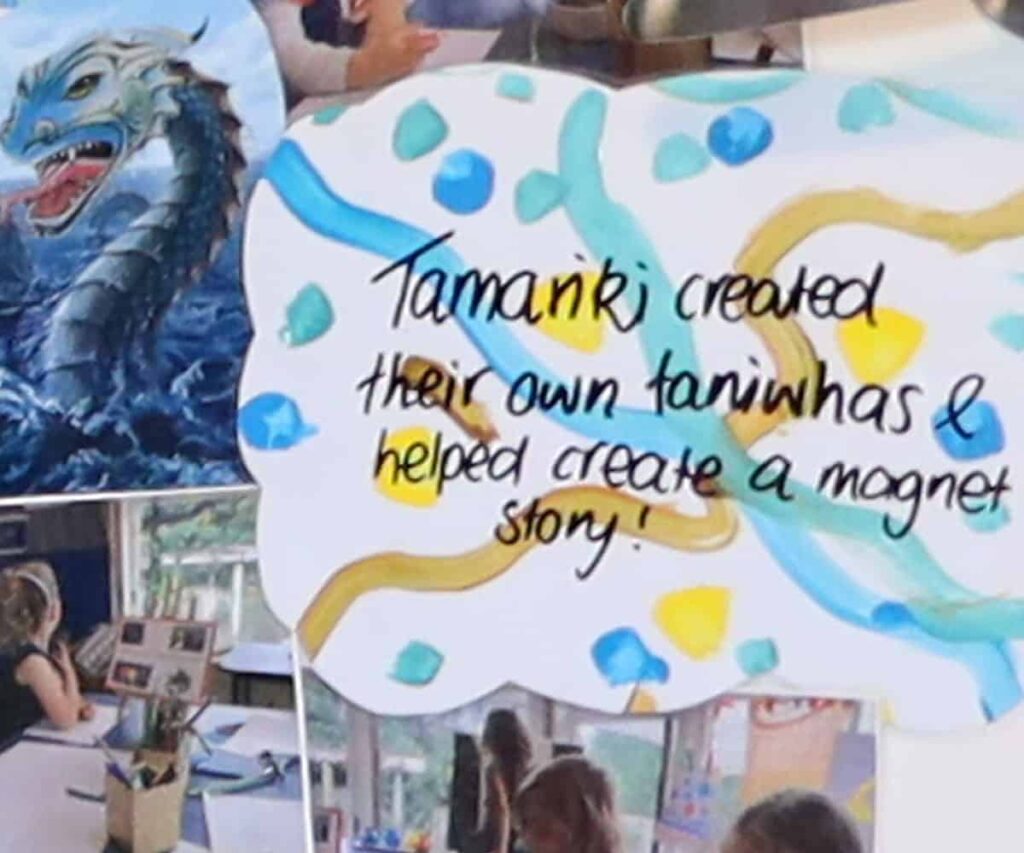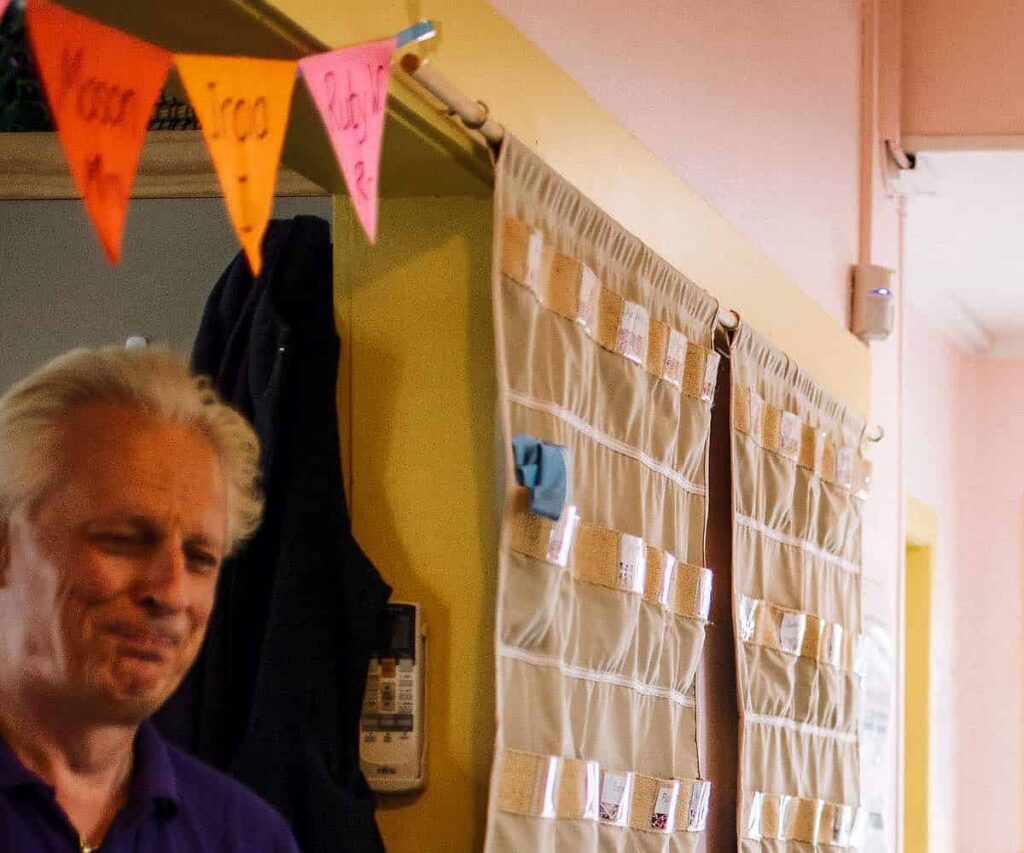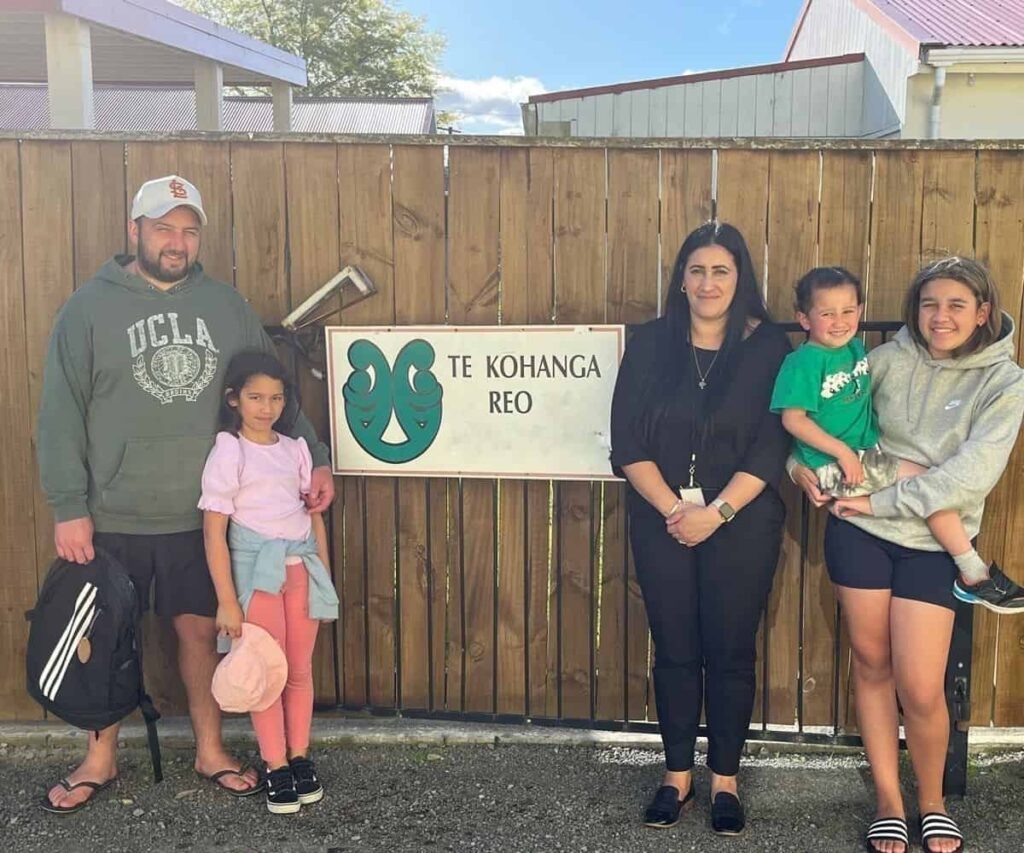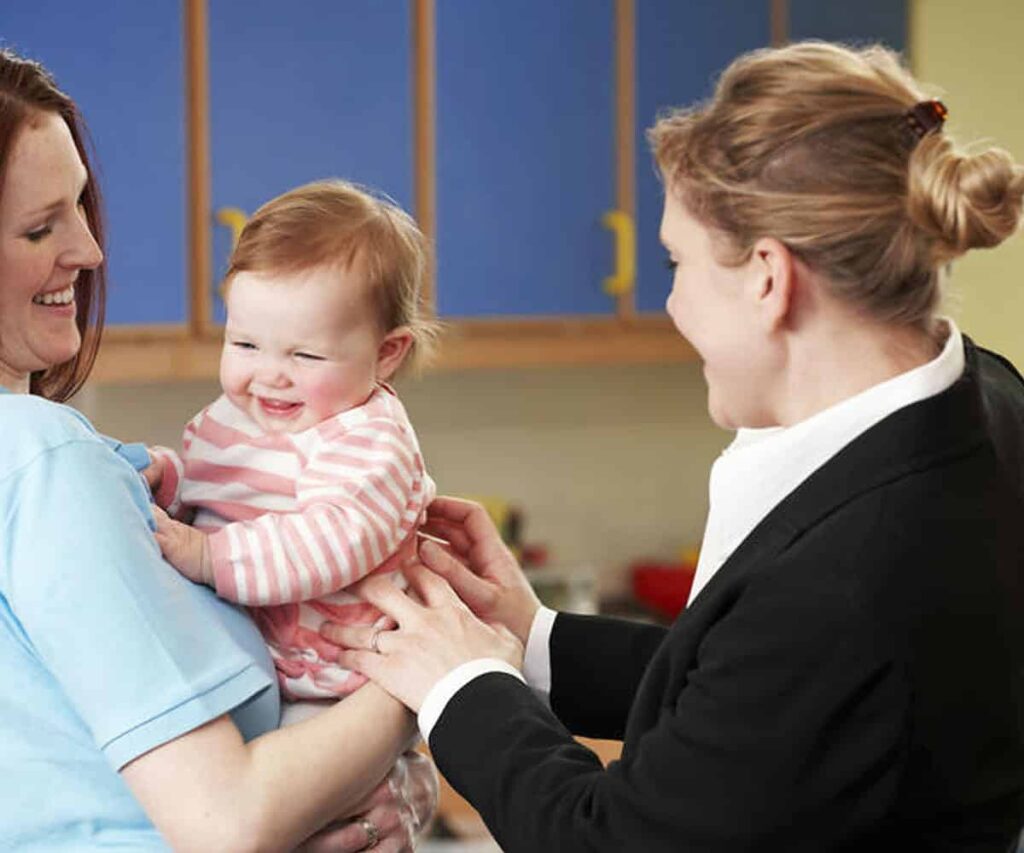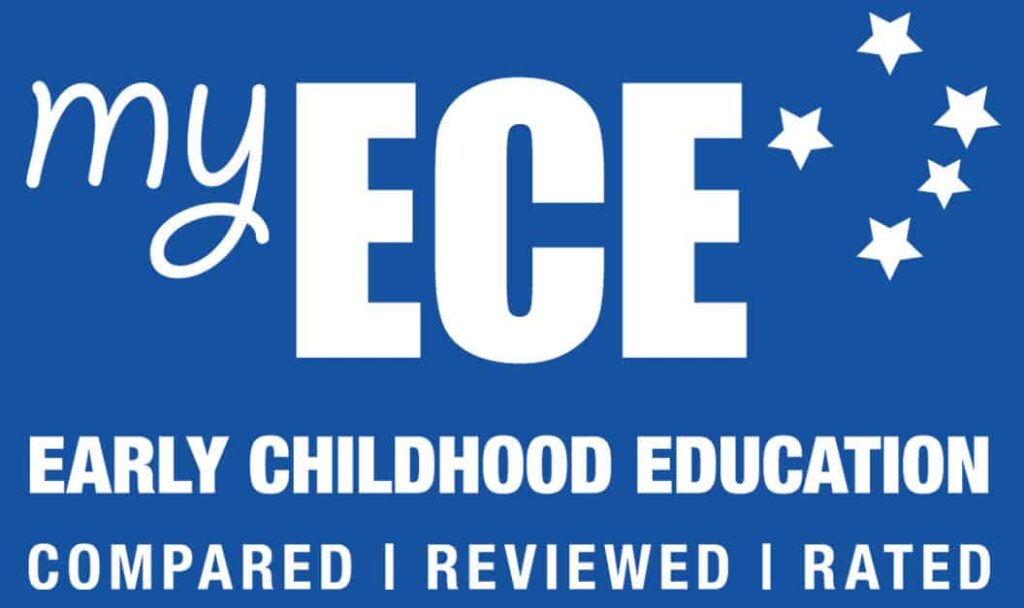Under the Food Act (2014) every ECE service, home-based and centres, must make sure that the food and drink provided to children is safe and suitable – see the Ministry for Primary Industries Food Safety Fact Sheet for details on how to achieve this
Every ECE centre (excludes homes) that cooks meals or prepares food – like sandwiches or salads – must register with MPI under National Programme 2. Exceptions are: if the centre does not charge fees or request any payment, it only serves food that is fruit or pre-packaged that does not need to be kept cold (like muffins), it only prepares food with the children as part of the curriculum, or it is licensed home-based service.
Early childhood regulations and licensing criteria on food and drink
Type of food and nutrition
- To meet children’s nutritional and developmental needs food must be served at appropriate times, and be of sufficient variety, quantity, and quality. As there is no requirement on how frequently food should be served, a variation in practices in this regard is permitted. Some services provide a scheduled time for lunch. But a child may not be hungry at the scheduled time or be hungry before the scheduled time. Other services allow children to eat at any time or provide a rolling lunch during which children can come and go from the lunch table. But this can mean that children who are absorbed in their play can miss eating. There is also no requirement relating to what food is healthy and what is unhealthy food. This is problematic because what was as adults might see to be a healthy diet may be unhealthy and harmful for a growing child. Children need to eat carbs. Children’s food should ensure that they get sufficient intake of iodine, iron, and calcium.
- When food is provided by parents, the service must encourage and promote healthy eating guidelines. (The requirement does not state which set of healthy guidelines or whose guidelines. Note that children eat at home and in other contexts – the ‘treat’ or unhealthy food that a parent may put into their child’s lunchbox may be the only time the child has unhealthy food which is why it is why we recommend to services to take a holistic view and not bin or ban all ‘unhealthy’ food.).
Drink
- A supply of water that is ample and fit for drinking water must be available to children at all times. The water must be able to be independently accessed by older children (no age is specified)
- Infant milk formula given to a child under 12 months old is a type approved by the child’s parent.
Eating and drinking safety
Services are not required in the licensing criteria to ensure:
- handwashing before and after eating (see requirements for handwashing and toileting here)
- that children do not play with toys while eating; and
- children do not share food or drinks if there is a child with food allergy.
However, these are practices that services would be wise to implement to keep children safe and to reflect the intentions of the Food Act (2014).
At all services:
- Infants under 6 months old and other children unable to drink independently must be held semi-upright when fed.
- There must be a safe and hygienic place for children to sit when eating. The legal requirement does not specify that the ‘place’ must be inside. To be hygienic would require that the space be clear of contaminants (e.g., bird droppings), and that tables and chairs (surfaces children touch and use) are wiped clean between each child’s use, and before another child sits down to eat. To be safe would require that it is checked that no harm could come to a child because of where they are seated and how they are seated. The legal requirement does not specify ‘what’ the child must be seated on – this could for example be a chair, or an adult’s lap, or on the ground, or on a log … But if strapped into a highchair then the process of getting the child out of the highchair in the case of choking before being able to administer the appropriate first aid, may increase the risk of a serious consequence e.g., that the object might become further lodged down the windpipe.
- Children must be supervised when eating. This includes if there is only one child who is eating. There is no stated legal requirement for a maximum number of children to person supervising. The criterion requires supervision of children but doesn’t legally require an adult to be present alongside children while they are eating. But best practice is for an adult to be present and giving their full attention to actively watching the children who are eating, in case of choking or an allergic reaction. READ MORE.
- Food that poses a high choking risk must not be provided to children unless prepared in accordance with the guidance in the Ministry of Health: Reducing food-related choking for babies and young children, to reduce the risk.
- Where food is provided by parents, the service must provide a copy of the Ministry of Health booklet to parents at the time of enrolment. The service must promote to parents the practices for reducing food-related choking outlined in the booklet. The service is not required to ‘police’ children’s lunchboxes. If it uses the term ‘food police’ or feels that this is its role, then this raises the question of what kind of relationship it has with parents. It points to a need for it to improve its relationship with parents. When parents are not present, the service is acting in Loco Prentis and is fully responsible for the child. The service must protect children from accidentally or otherwise consuming high-risk food that may be brought to the service. It would be a good idea to establish individual agreements with each family on the procedures that will be followed should any food not meet the requirements. For example, “Staff will inform the child that the food (e.g., grapes will be cut) and returned to them.” Or “Staff will inform the child that the grapes in their lunch-box will be kept for them to take home.”
Record keeping
Records of the last 3 months are kept of all food that the service provides during the hours of service (this excludes food provided by parents for their own children). While the requirement states that the record can exclude food provided by parents, if it is food given by a parent to the service to give out to children (e.g., a birthday cake) then this could be interpreted as food provided by the service because it’s not provided by the parent only for their child.
Keeping records of daily menus outlining ingredients will likely satisfy the Ministry of Education. But also note under the MPI National Programme 2, that centres that provide food must have records including:
- sickness records
- problems with pests
- allergy information
- cooking poultry (chicken or duck)
- chilling cooked food
- temperature of received or transported food
- what happens and what you do when things go wrong.
MPI provides a template for centres to use to keep records which can be found here
As per National Programme 2 centres must also have a food allergen management plan and must ensure that every person who touches food (all supervising teaching, volunteers, and relief staff) have had training on how to keep food safe and suitable, ensuring there is no cross-contamination in food preparation and serving.
Cooking and storage facilities
Food must be prepared, served, and stored hygienically.
Cooking facilities and kitchens must not be able to be accessed by children without adult assistance or supervision.
Cooking facilities and kitchen hazards must be managed to minimise risk.
Cooking facilities or kitchen must have:
- A means for keeping perishable food less than 4 degrees and protected from vermin and insects.
- A means to cook or heat food, e.g., oven, microwave oven.
- A means to hygienically wash dishes.
- A sink with hot water tap.
- Food preparation surfaces that are easily kept hygienic.
Key Resources
Ministry for Primary Industries – food safety requirements for all ECE services
Allergy NZ – eating safely with food allergies and managing food allergies in ECE services
ECE – first aid for a choking infant and for an older child
ECE – Guide to food to reduce children’s risk of choking
ECE – lunch-box tips sheet for parents
Ministry for Primary Industries – safe foods for babies
ECE – how to identify a breastfeeding friendly service
Failing to meet minimum standards for food and drink
The Ministry of Education needs to know:
- If you are concerned children’s needs are not being met.
- If you are concerned a service is not meeting a minimum legal requirement.
READ MORE: How to make a complaint and your options.
CAUTION: This page and the information here is provided as part of the My ECE Guide to Regulations and Licensing Criteria for Early Childhood Education Services (The Guide). The Guide does not purport to be a full and accurate interpretation of all statutory provisions relating to early childhood education services. While best efforts have been used in preparing this guide, no representations or warranties of any kind are made and My ECE assumes no liabilities of any kind with respect to the accuracy or completeness of the content. Please note that the Government and Ministry of Education may change, update, or alter any of the requirements at any time. Please help to keep the information on this page up to date by letting us know of changes that need to be made.
Thank you! Kia pai te rā
Reference:
Food and Drink. Published in the My ECE Guide to Regulations and Licensing Criteria for Early Childhood Education Services, prepared by Dr Sarah Alexander and Warwick Marshall.
Last reviewed: 20 November 2022
